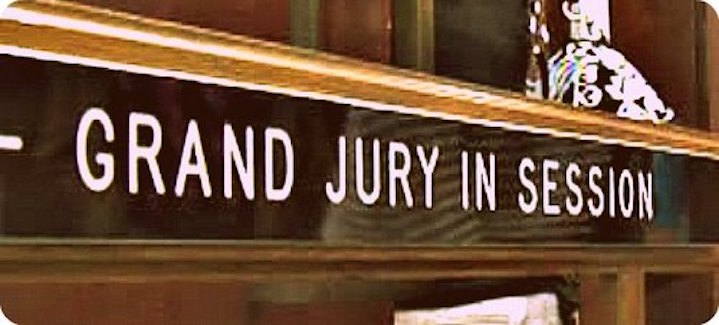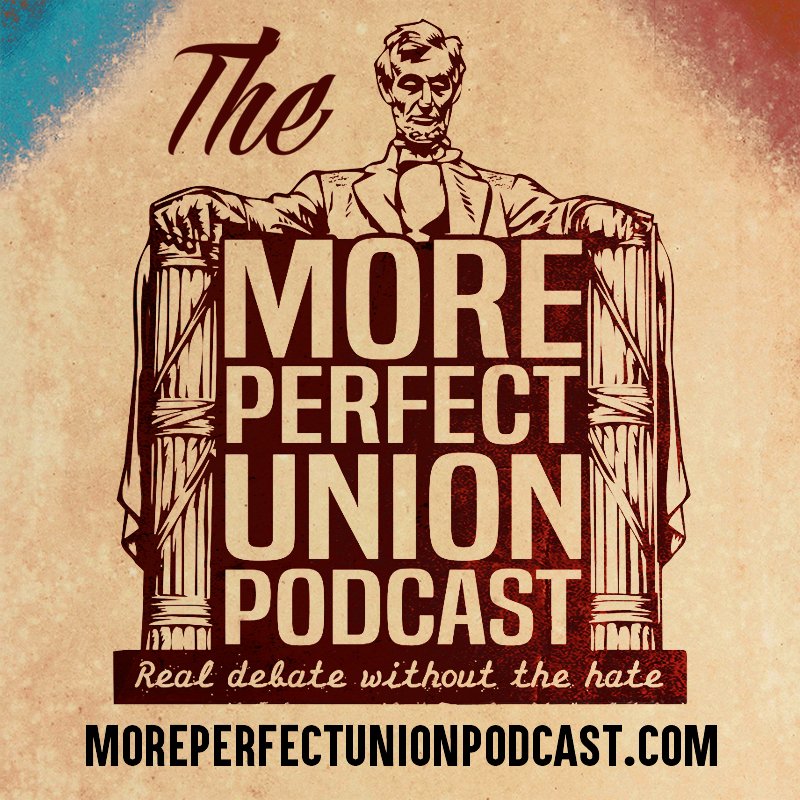

A Grand Juror Makes His Case

A Grand Juror Makes His Case
By William Gleed
Let’s begin here. A federal grand jury is no witch hunt, and it’s not about indicting a ham sandwich. A grand jury does not insult voters, nor does it subvert the Constitution. I know this because I served on federal grand jury in Concord, New Hampshire, for eighteen months from 2011-2012. Here’s some of what I learned.
There are only three things the federal government can compel a citizen to do: make you serve in the military, pay your taxes, and serve on a grand jury. I was happy to serve once I realized that, like death and taxes, I couldn’t get out of it.
Unlike a regular jury, as a grand jury juror you can question witnesses yourself, and you are encouraged to do so. You can subpoena documents (like a tax return) and compel testimony. You can tell a federal prosecutor and all the federal enforcement agencies that, no, you can’t charge and try that person on those charges, and the jury on which I served would and did do exactly that more than once. I’ve never had power like that before, and it was sobering.
I’m still sworn to secrecy about the actual testimony I took, so I can’t tell you about the cases I worked on or the evidence I saw. But I am proud to know I helped make a very bad day for some very bad people who very much deserved it.
The thing I can do is tell you how a grand jury operates.
My jury was made up 23 ordinary, individually unremarkable Americans who’d never met each other until the day we showed up to serve on the panel. We were from all walks of life, all levels of education, and all kinds of life experiences. A couple were teachers, some were small business people, some had retired. A grand jury is meant to protect you from overzealous prosecution. It’s part of our great strength as a nation that ordinary, “unremarkable” people are the ones who fulfill this mission.
All a grand jury does is to listen to the evidence and the law. Their only task is to decide if the evidence is enough to bring a charge and proceed to trial. That’s it. A grand jury doesn’t decide if you’re guilty or not. It just applies the law as twenty-three ordinary citizens understand that law. A trial jury makes the call on guilt.
So if I would advise the current POTUS, I’d tell him to stop acting so guilty, and stop trying to cloud the issue if he and his minions hope to avoid indictments. The way Mr. Trump is disparaging the process is very dangerous to our democracy, and I’ll bet you dollars to donuts it’s not winning him the benefit of the doubt among the jurors.
People have asked me if you can dodge a grand jury.
You don’t dodge a grand jury. A grand jury can come for you with the US Marshals, and will do just that, if you make them. There is no place you can hide, and that you try to run is evidence of guilt at your certain eventual trial. The jury can also jail you indefinitely for contempt if you ignore their subpoena. I think Mr. Trump would be safe from that, but where’s he going to run? Russia?
If POTUS, or anyone else, is not indicted in the Russia probe, what it means is that 12 out of 23 ordinary Americans didn’t think federal prosecutors have the evidence of a crime. They could have the evidence or more evidence in the future and bring it back to the same grand jury, who can then indict with the new evidence. But you should remember, a prosecutor doesn’t take a case to a grand jury unless and until they have the evidence. At least, that’s my experience.
Right now, I would guess – and it’s only a guess – that somebody is going to jail, or at least going to trial, though it remains to be seen who that will be.
People have asked me if POTUS could plead the Fifth amendment, were he called to testify. I tell them that he can plead the Fifth all he wants. He’s not at a trial or on trial. Nobody has been charged yet, so he might be premature.
But what would you think of someone who said he couldn’t answer your question because it might make him a criminal, and he was the president of the United States? Imagine YOU had the power to charge him for the crime if (and I stress “if”) the evidence is sufficient in your mind to substantiate your charge? How would you vote on that indictment?
I don’t remember anyone, in 18 months, and dozens of cases, who took the Fifth. And I sure don’t think it would have helped them if they had.
Finally, I want to tell you that If I were under investigation but knew myself to be innocent of those charges, I would want those accusations to go before a grand jury. Twenty-three ordinary people, doing their constitutional duty, the way the Founding Fathers meant it to work.
So what’s the Trump administration worried about?
William Gleed has taught writing and literature at Southern New Hampshire University, Franklin Pierce University, Middlesex Community College, and Northern Essex Community College in both New Hampshire and Massachusetts. He’s been a correspondent for the Portsmouth, NH Herald and Seacoast Newspapers. He received a graduate degree in poetry writing from the University of New Hampshire in 1995.






